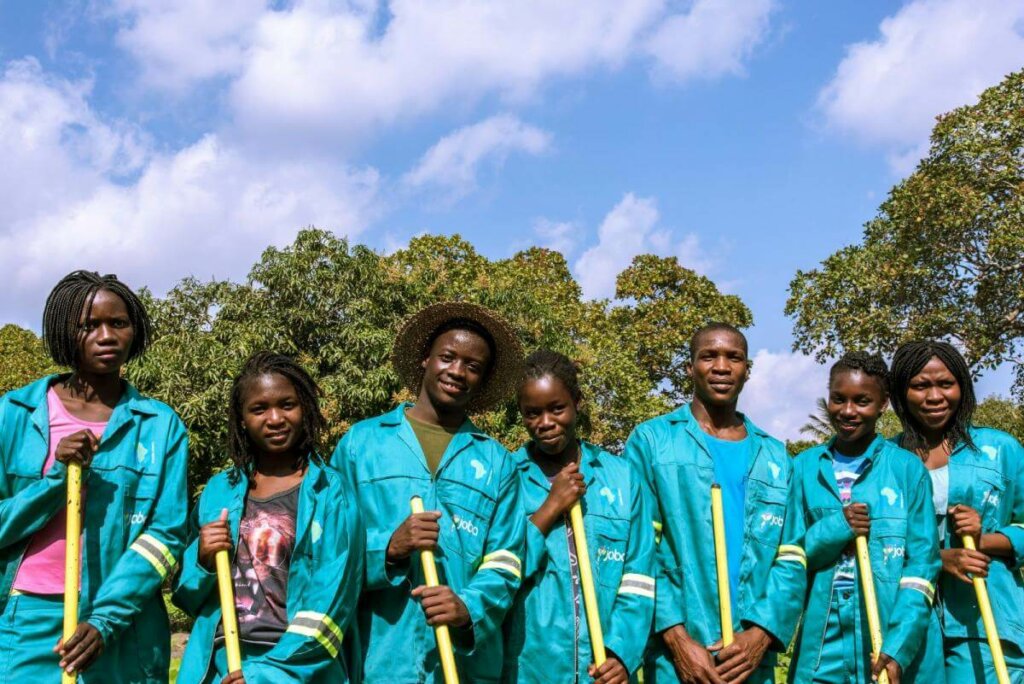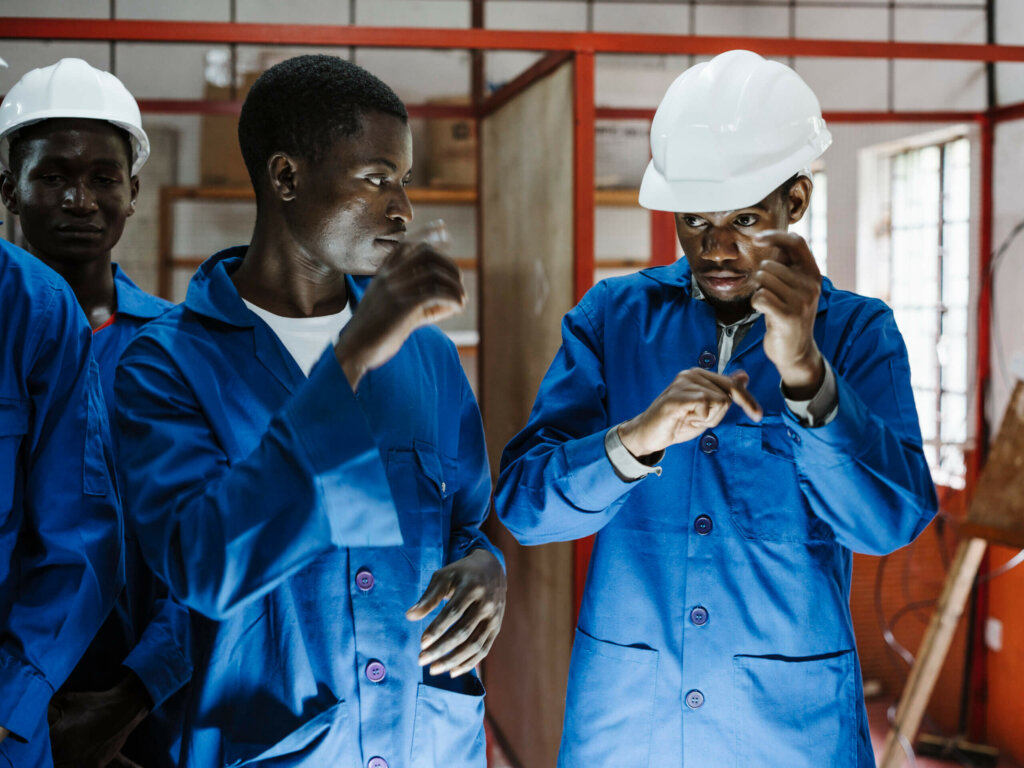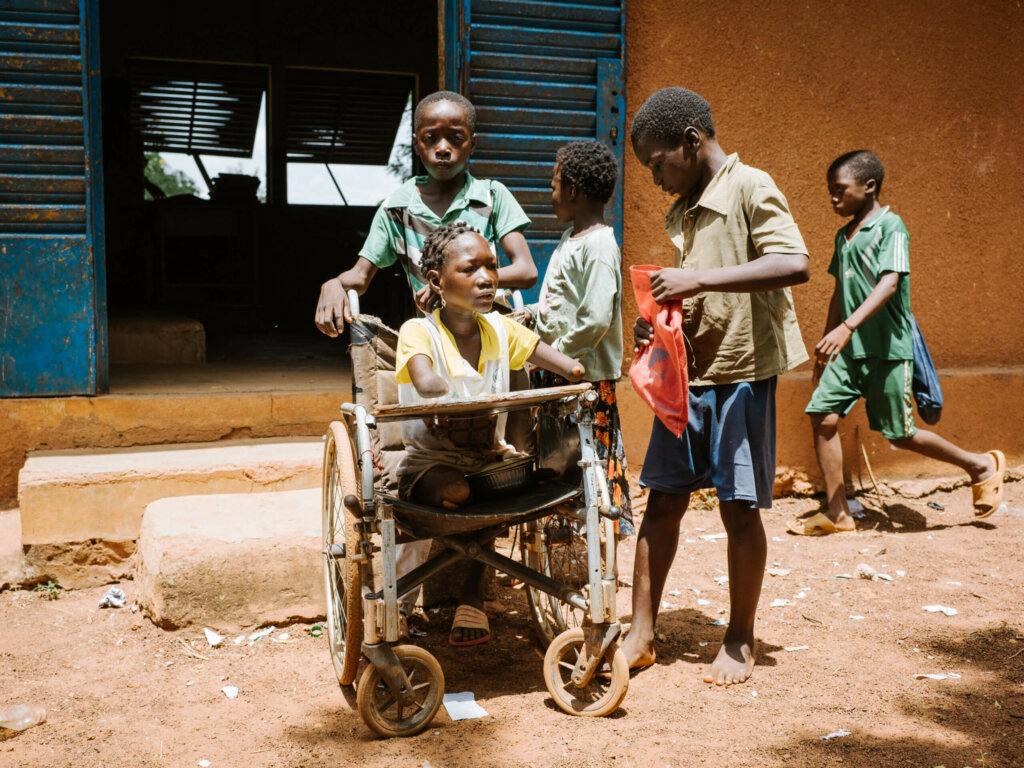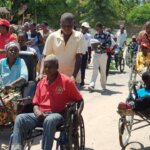Economic Empowerment
Vocational training and skills development for people with disabilities are crucial for young people with disabilities.
- 64% of people with disabilities are unemployed
- 80% of jobs worldwide require technical and professional skills
- Having vocational skills means a 20% higher chance of finding work for people with disabilities
64% of young people with disabilities worldwide are unemployed compared to 40% of their peers without disabilities. Vocational training for people with disabilities in lower-income countries is often at a level below the requirements of the labour market.
Why make vocational education and training inclusive?
- A person with a disability is 20% more likely to be hired after vocational training
- Inclusive training facilities are more cost-effective than segregated institutions for people with disabilities
- Training tailored to the needs and interests of trainees develops their confidence and independence
- Inclusive education and training strengthens social ties between students with and without disabilities
Light for the World supports inclusive vocational training
- Quality training:
Light for the World trains vocational trainers in inclusive skills, such as sign language and Braille. We develop awareness and accessible learning materials, so vocational trainers can involve people with and without disabilities in their lessons.
- Work skills:
We provide career guidance for students with disabilities and organise their first work experience. We collaborate with technical and vocational training institutes to provide young people with disabilities with an inclusive curriculum, accessible premises and vocational training tailored to the requirements of the labour market.
- Inclusive businesses:
We train employers to adapt their workplaces to the needs of people with disabilities. By doing so, we ensure they are fully inclusive and accessible.







